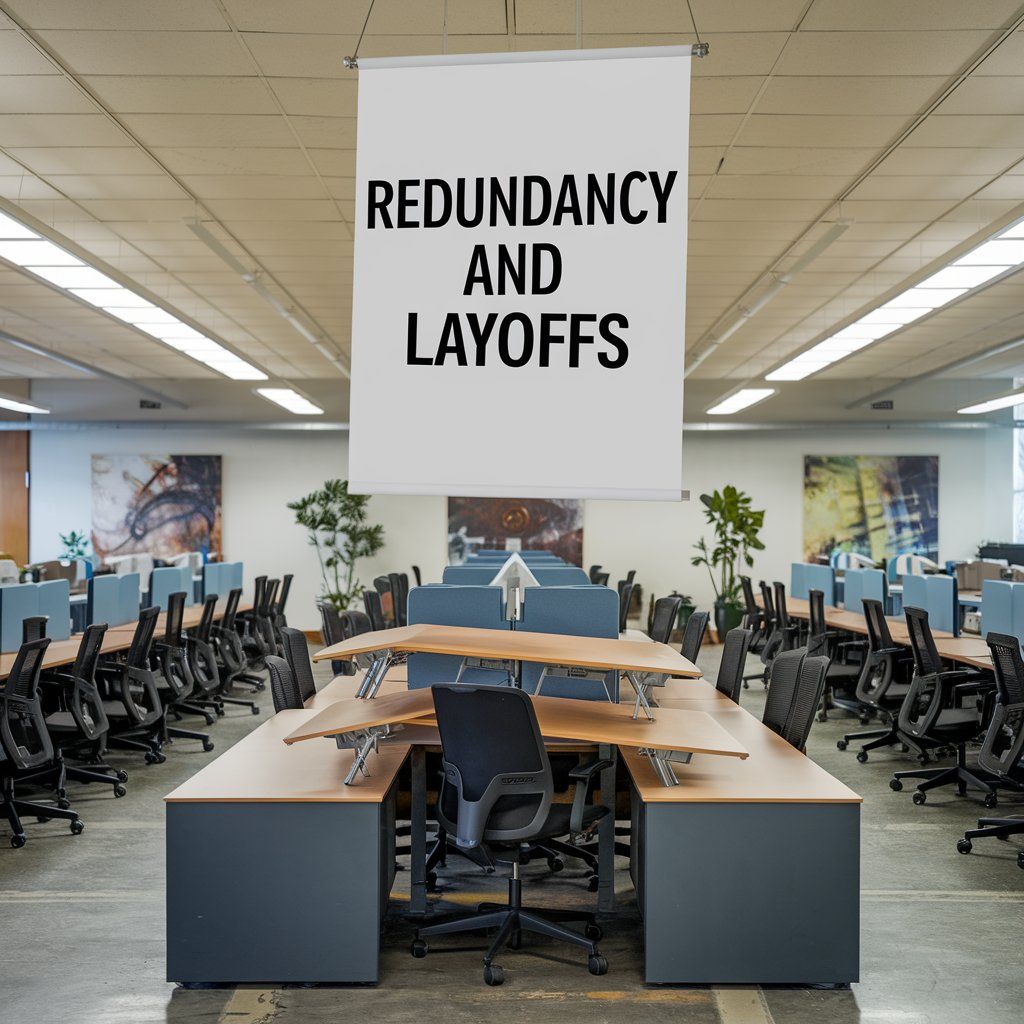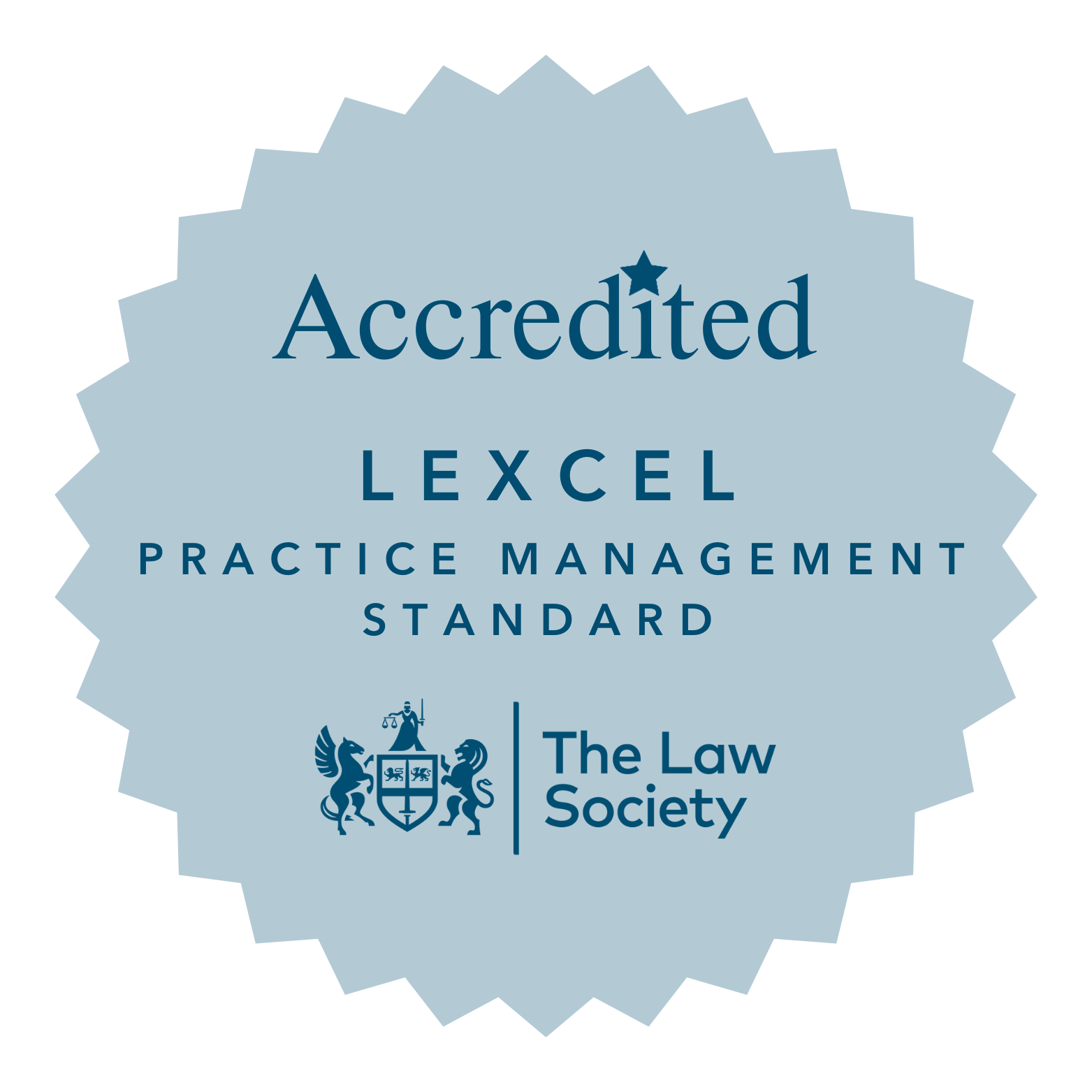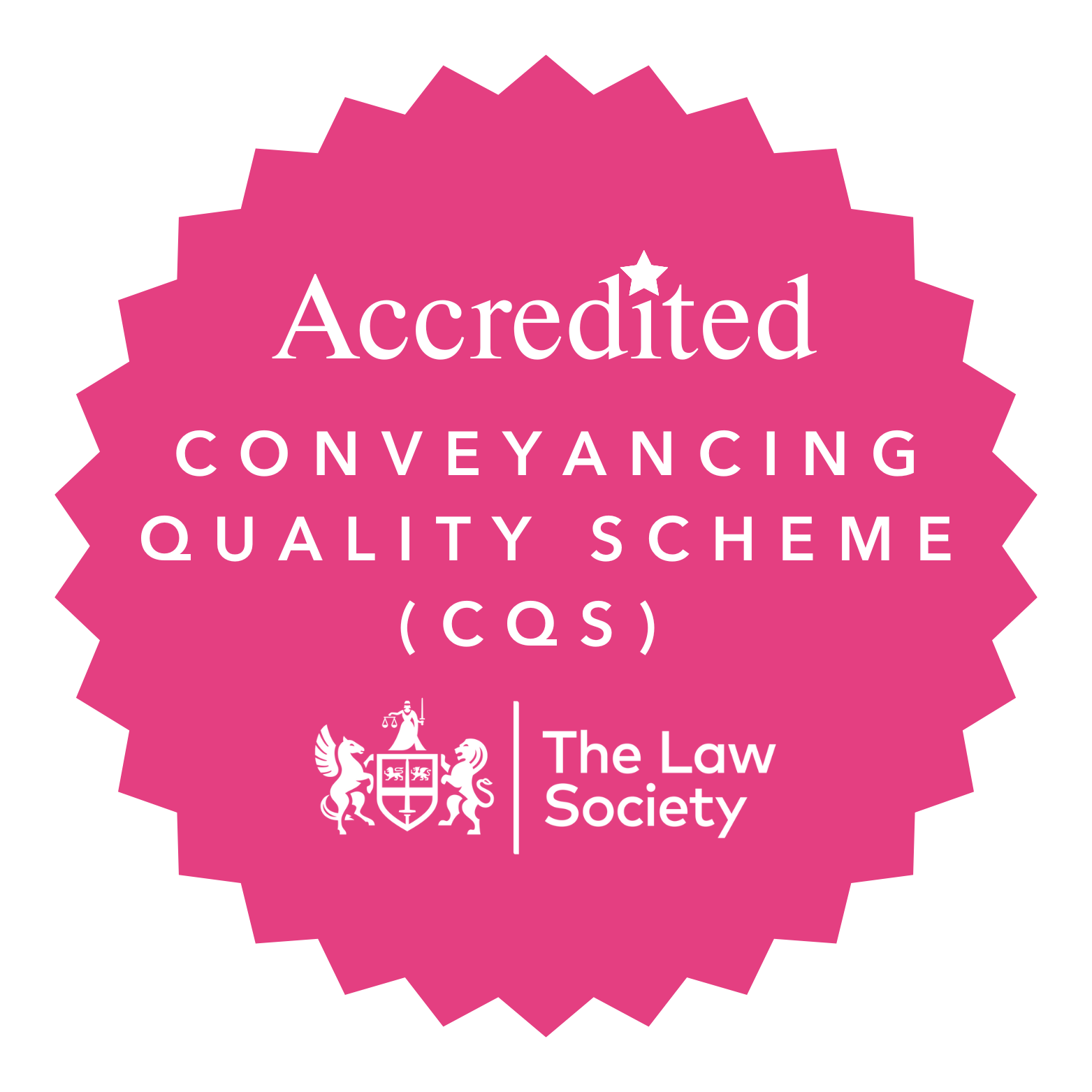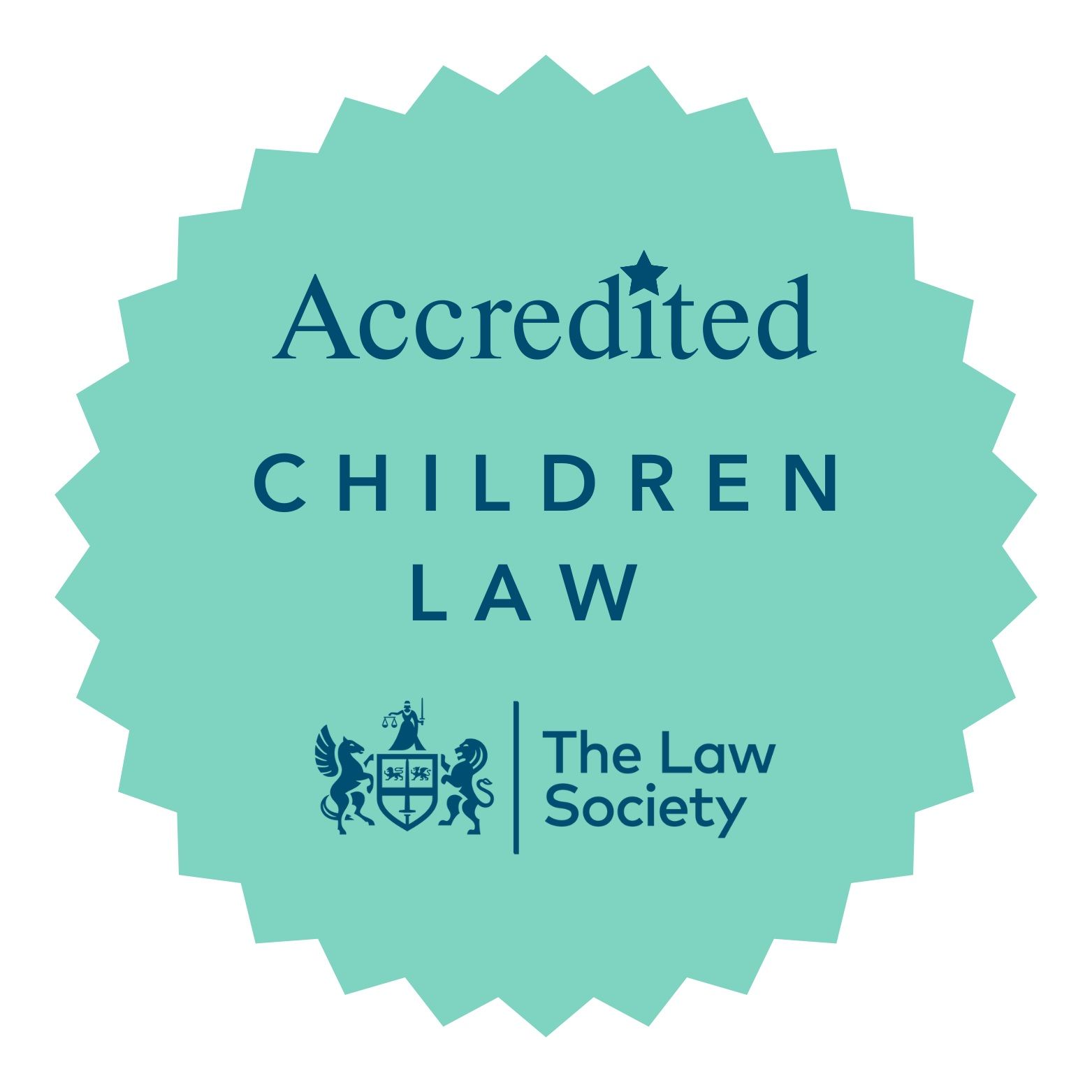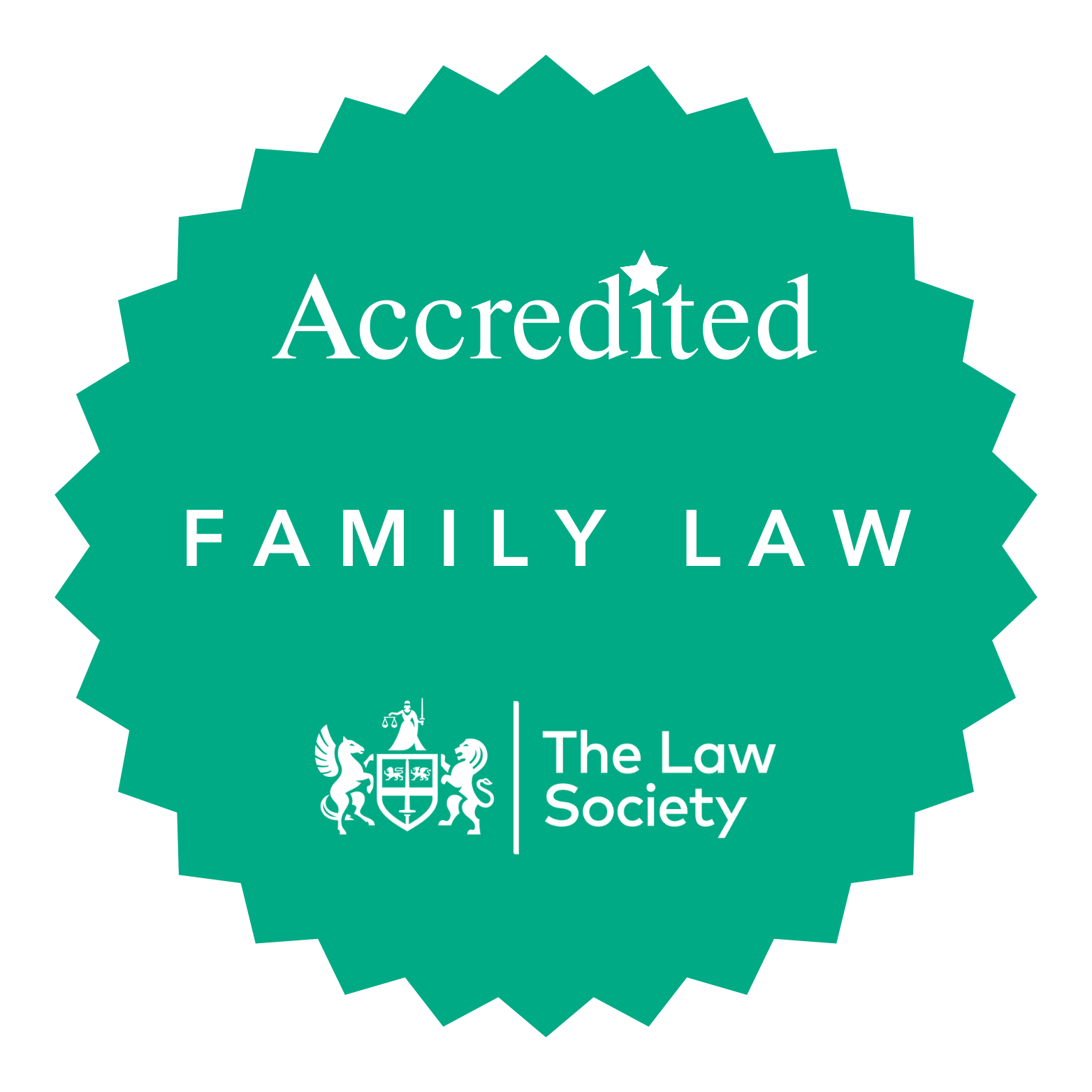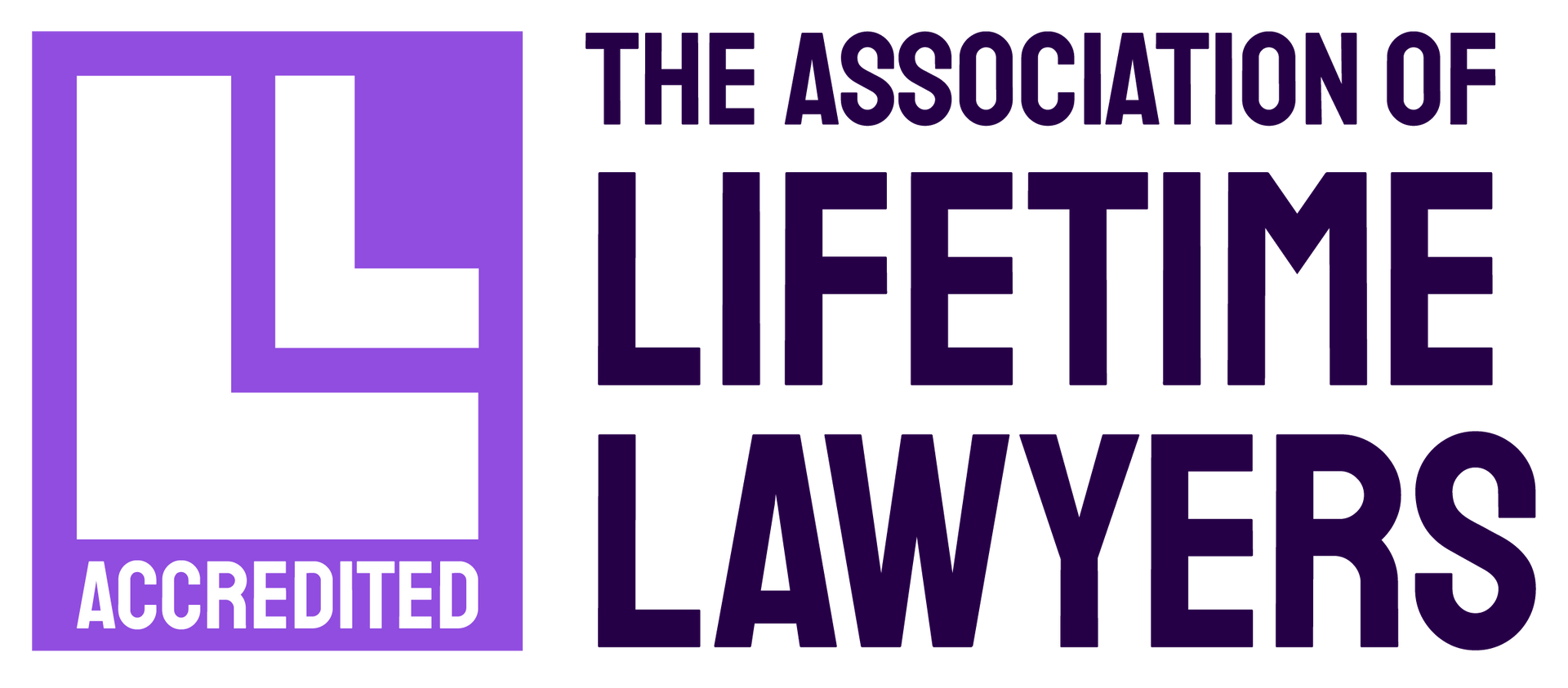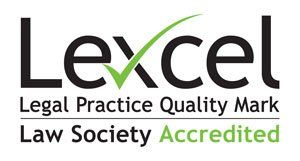Wills, Probate, Tax & Trusts
Whether you are thinking about your own future well-being or about protecting your family assets and loved ones after you’ve gone, it makes sense to plan ahead and leaves you safe in the knowledge that your family need not worry should the worst happen.
LEARN MOREWe want to hear from you
Wills Probate Trust Page
We will get back to you as soon as possible
Please try again later
How it works
5 Local Yorkshire Offices: Scarborough, Whitby, Driffield, Hunmanby, Bridlington
Call us and book your resolution consultation
What we do
Planning for the future
| We Will... | |
|---|---|
| ✓ Clearly explain legal issues | |
| ✓ Give you clear costings | |
| ✓ Provide regular updates | |
| ✓ Do everything in our power to support you from start to finish |
Dealing with the death of a loved one
Wills Pricing
VAT is currently at 20%
| Simple Will | Cost |
|---|---|
| Single Will | £275 + VAT |
| Mirror Image Wills (identical Wills drafted for two people at the same time) | £450 + VAT |
| Statement of Exclusion of potential beneficiaries | £60 + VAT |
| More Complex Wills | Cost |
|---|---|
| Single Will | From £400 + VAT |
| Mirror Image Wills | From £575 + VAT |
Lasting Powers of Attorney Pricing
VAT is currently at 20%
| One client making ONE type of LPA | Cost |
|---|---|
| Create LPA only | £250 + VAT |
| Separate registration with OPG | £250 + VAT |
| Create and register LPA with OPG | £450 + VAT |
| OPG fee | £82 |
| One client making BOTH types of LPA | Cost |
|---|---|
| Create LPA only | £400 + VAT |
| Separate registration with OPG | £500 + VAT |
| Create and register with OPG | £750 + VAT |
| OPG fee | £164 |
| Two clients making ONE type of LPA | Cost |
|---|---|
| Create LPA only | £400 + VAT |
| Separate registration with OPG | £400 + VAT |
| Create and register LPA | £750 + VAT |
| OPG fee | £164 |
| Two clients making BOTH type of LPA | Cost |
|---|---|
| Create LPA only | £750 + VAT |
| Separate registration with OPG | £750 + VAT |
| Create and register with OPG | £1,100 + VAT |
| OPG fee | £328 |
* Extra charges may apply if we have to obtain numerous Attorneys' execution to the document *
Estate Pricing
VAT is currently at 20%
| Estates | Cost |
|---|---|
| Initial Meeting for advice | £150 + VAT |
| Obtaining a Grant of Probate (where you deal with the remainder of the Estate) | From £875 + VAT |
Dealing with a simple estate
| Provided by: | Hourly Rate |
|---|---|
| Senior Private Client solicitor | £250 + VAT |
| Private Client solicitor | £225 + VAT |
| Private Client paralegal | £185 + VAT |
| Private Client Trainee Solicitor | £165 + VAT |
A Simple Estate generally costs in the region of £3,000 - £5,000 plus VAT plus disbursements but costs can go higher if, for example, there are multiple beneficiaries and multiple bank accounts. On average a simple Estate can take approximately 18 months to complete. Disbursements are costs that relate to your matter that are payable to third parties. Standard disbursements include:
| Work | Cost |
|---|---|
| Probate Application Fee | £300 |
| Bankruptcy searches (per beneficiary or executor) | £2 + VAT |
Dealing with a Complex Estate or an Estate where Pinkney Grunwells Lawyers LLP are Executors.
Our work would include applying for the Grant of Probate or Letters of Administration, collecting in the assets, drafting estate accounts and distributing them. We will also pay any IHT that may be due.
Our work is charged at the same hourly rates outlined above. Fees for a complex Estate generally begin in the region of £5,000 plus VAT plus disbursements but can increase significantly if, for example, there are a large number of assets or where another legal jurisdiction is involved. Our fees are based on the chargeable time spent in dealing with the Estate plus an additional 1% value factor in certain circumstances, you would be notified of this if applicable.
If there is no Will , or if the estate consists of any shareholdings, there are likely to be additional costs that could range considerably depending on how the estate is to be dealt with. It should also be noted that the costs of any sale or transfer of any property are not included. We can advise you of the potential costs relating to your particular matter once we have full instructions from you. On average a complex Estate can take between 18 months to 3 years complete.
Disbursements are costs that relate to your matter that are payable to third parties. Standard disbursements would be those outlined above.
Associated articles and case studies
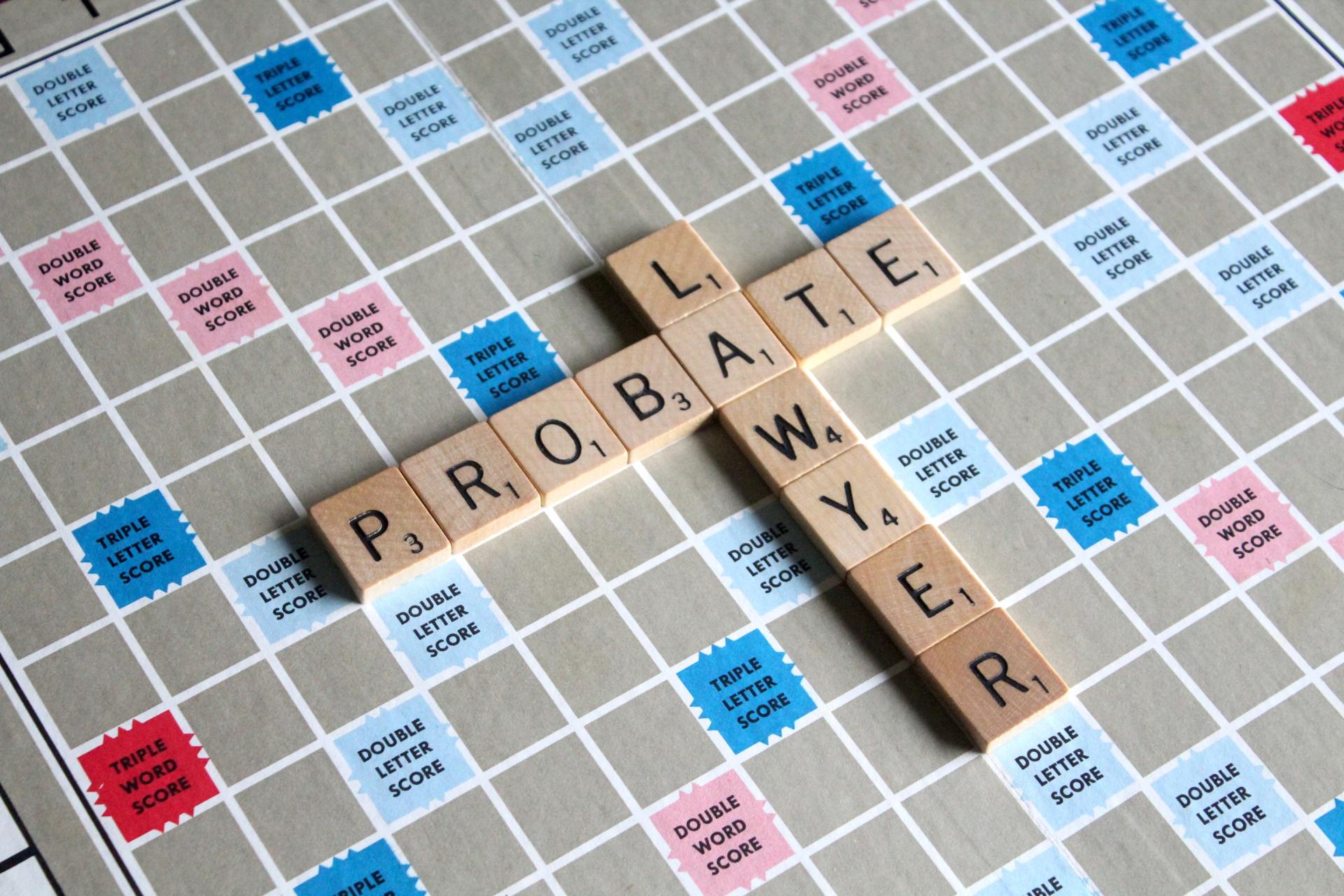

Want more information?
